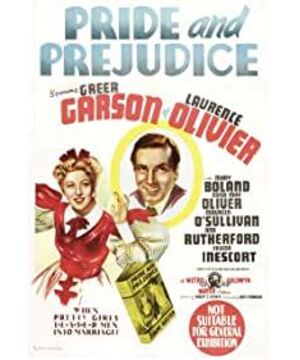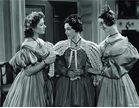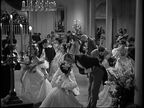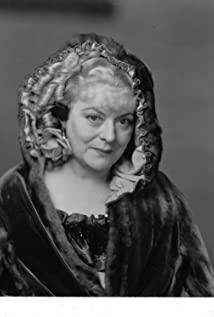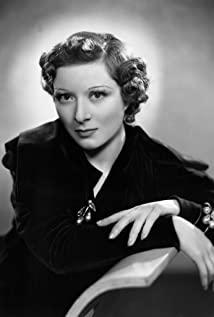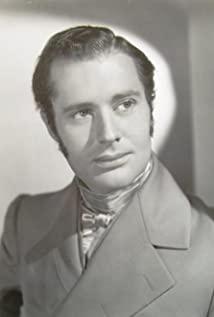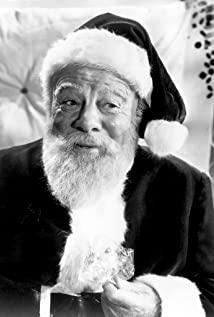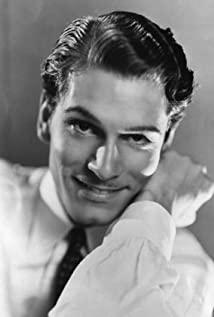But it was this film that made me know a great writer early and saw the golden age of Hollywood early, so in terms of personal emotions, I have to mention it.
"Pride and Prejudice" is Jane Austen's most popular novel. Readers who have read the book will never forget the pair of wise sisters, Mrs. Bennet like a joke, the grand ball in Nigerfeld Gardens, or the men and women in the book. The protagonist has a humorous and witty dialogue. Jane Austen once said, "I only write about three or four households in a rural village." But the daily trivial matters of three or four households in this rural village and the short-term parents reflect an era.
The plot will not be repeated. Whether it is the sparking confrontation between Darcy and Elizabeth at the prom, or the neurotic nagging of Mrs. Bennet, or even the biggest plot change at the end of the film, Mr. Darcy’s aunt has turned into a cute villain. The little old ladies all seemed so funny.
Austin's work resonates with readers because she admits that most women's ultimate and only purpose in life is to find an ideal man. This is also where her works always have value, this is eternal humanity. Whether it is a village in England in the 19th century or Manhattan in the 21st century, whether she is a village girl or a female doctor, love and marriage are their lifelong pursuits.
Austin does not deny the value of money. The prostitutes in her works are paupers. Her ideal male protagonist is a man with a certain income even if he is not a rich man, even a country priest or a small landlord. Although she has never been married, she deeply knows the value and role of material in married life. She does not deny the romanticism of money, she is an idealist of realism, and what she pursues is the perfect combination of material life and love.
In fact, this is the ideal of most women. It is precisely because this is the reasonable pursuit of most people that "Pride and Prejudice" will be sought after by readers and audiences, and will be reproduced side by side, and many countries have even shot their own characteristic versions.
If you are watching the original soundtrack of 1940, you can appreciate the pure pronunciation of Lawrence Oliver as a Shakespearean actor, but this Mandarin version dubbed by Shanghai Translation Factory has gathered a number of names: Cao Lei, Bi Ke , Fu Runsheng, Qiu Yuefeng, Tong Zirong...Moreover, it also has a particularly appropriate name-"Ping Kai Fei Xuan".
View more about Pride and Prejudice reviews


